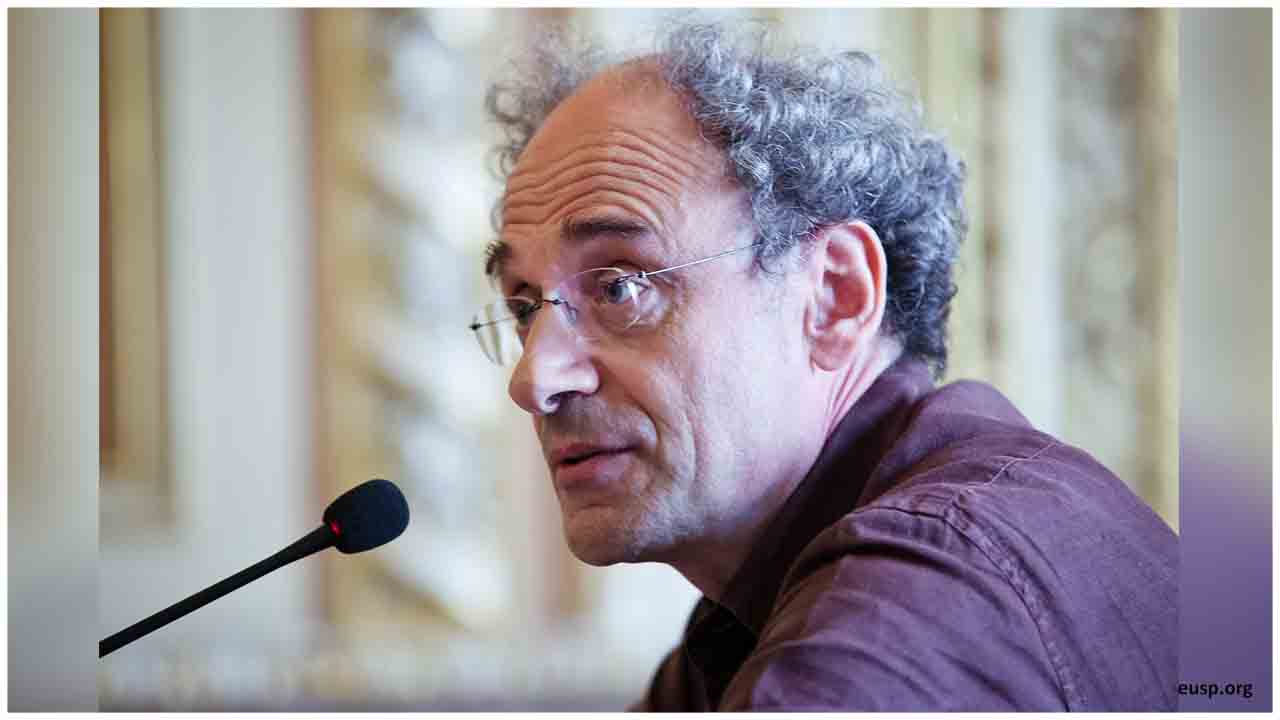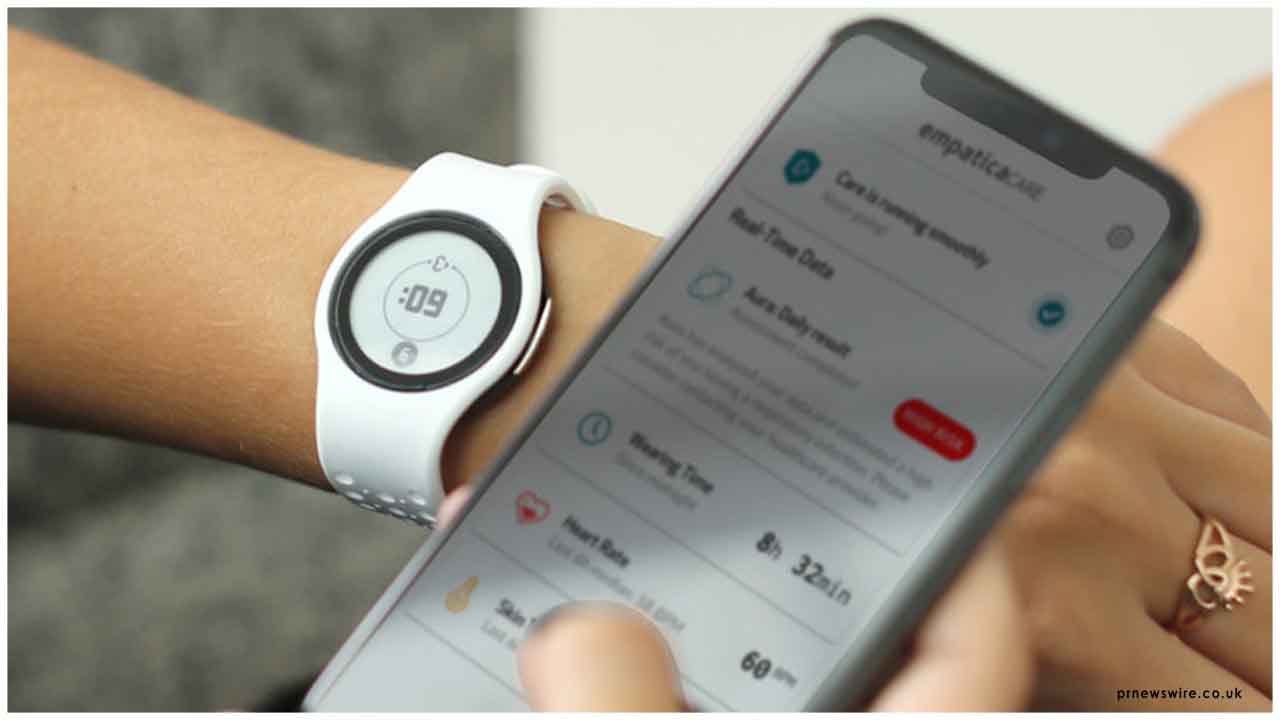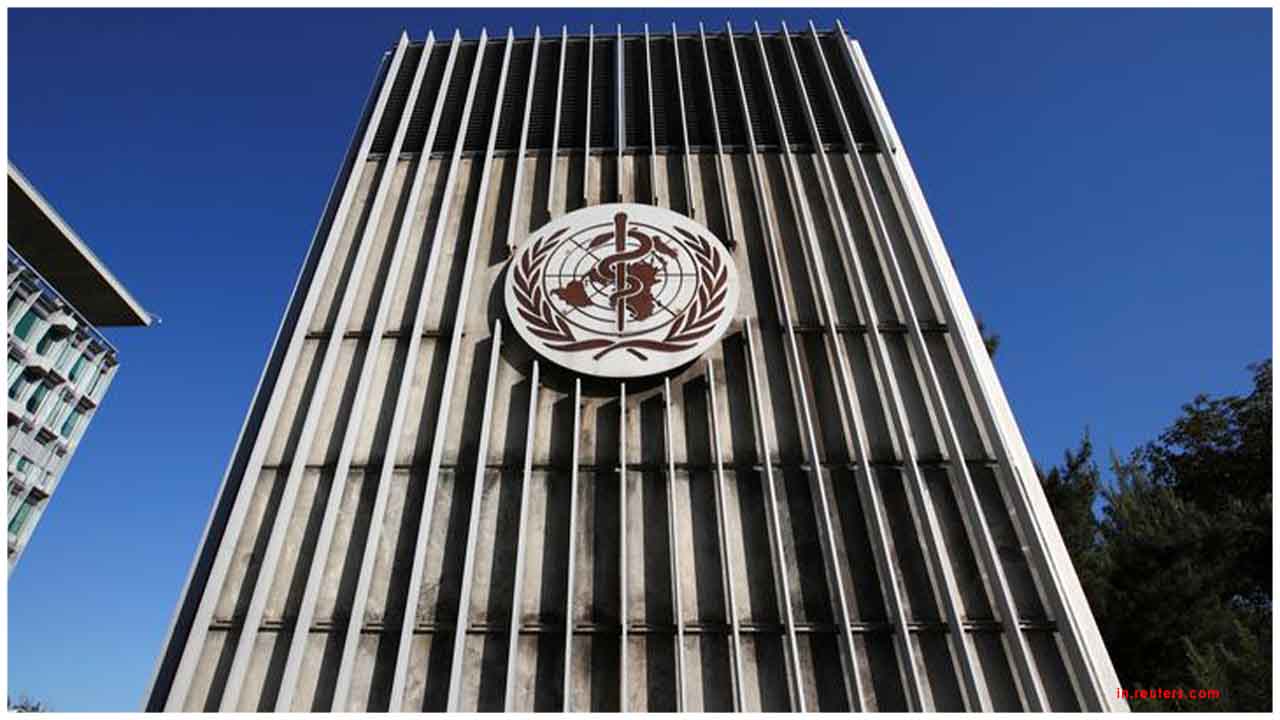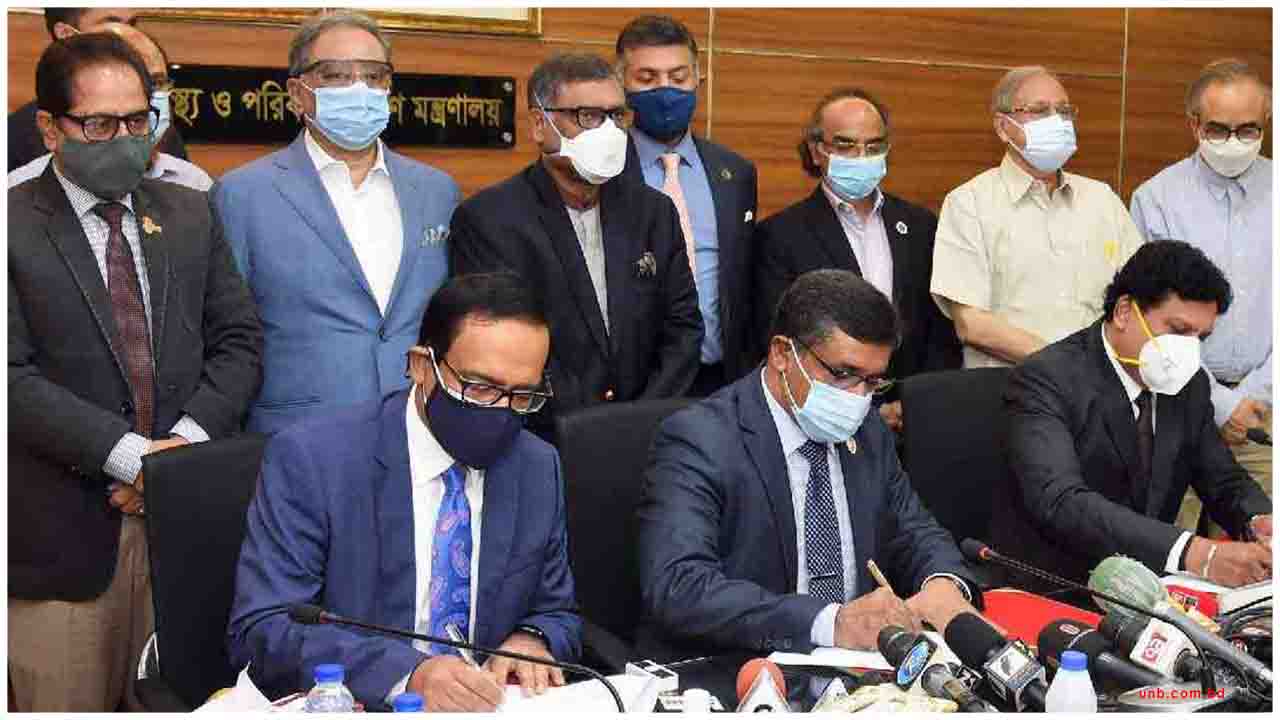A French medical clinic which has retested old examples from pneumonia patients found that it treated a man who had COVID-19 as right on time as Dec. 27, about a month before the French government affirmed its first cases.
Yves Cohen, head of the revival at the Avicenne and Jean Verdier emergency clinics in the northern rural areas of Paris, disclosed to BFM TV that researchers had retested tests from 24 patients treated in December and January who tried negative for this season's flu virus.
"Of the 24, we had one who was sure for COVID-19 on Dec. 27," he told the news channel on Sunday.
The examples had all at first been gathered to distinguish influenza utilizing PCR tests, the equivalent hereditary screening process that can likewise be utilized to recognize the nearness of the novel coronavirus in patients contaminated at the time the example is gathered.
Each example was retested a few times to guarantee there were no mistakes, he included. Neither Cohen nor his group was quickly accessible for input on Monday.
France, which has seen just about 25,000 individuals pass on from the infection since March 1, affirmed its initial three COVID-19 cases on Jan. 24, remembering two patients for Paris and another in the southwestern city of Bordeaux.
Cohen said it was too soon to know whether the patient whose Dec. 27 test was COVID-19 positive is France's "understanding zero". Realizing who was the first is basic to see how the infection spread.
Cohen said the patient had endured and that a first examination to follow the principal tainting has been completed.
"He was debilitated for 15 days and contaminated his two youngsters, yet not his significant other, who works in a general store.
"He was astonished, he didn't see how he had been contaminated. We set up the riddle and he had not made any excursions. The main contact that he had was with his better half."
The man's significant other worked nearby a Sushi stand, near associates of the Chinese starting point, Cohen said. It was not satisfactory whether those partners had gone to China, and the neighborhood wellbeing authority ought to examine, he said.
"We're pondering whether she was asymptomatic," he said.
"He might be the 'tolerant zero', yet maybe there are others in different districts. All the negative PCRs for pneumonia must be tried once more. The infection was likely circling (at that point)," he said.

 Yves Cohen said that scientists had retested samples from 24 patients treated in December and January who tested negative for the flu
Yves Cohen said that scientists had retested samples from 24 patients treated in December and January who tested negative for the flu
















.jpeg)

.jpeg)










.jpg)




.jpg)

